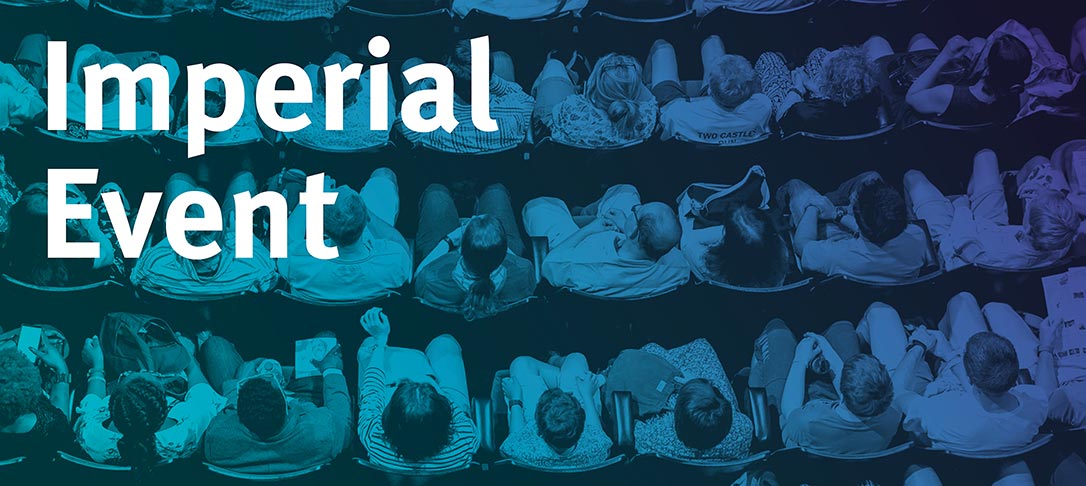
Turning Neglect into Opportunity: Life Cycle Analysis of Repurposing Abandoned Oil and Gas Wells for Geothermal Power Generation
Tuesday 17th October 2023, 12.30-13.30 (UK time), Jingyi Li – University of Manchester
Abstract:
The pressing need to address climate change and reach Net-Zero by 2050 has intensified the pursuit of renewable energy sources. Geothermal energy, a reliable and abundant source, is fundamental to the renewable electricity sector, yet it encounters obstacles such as limited hydrothermal reservoirs and high exploration and drilling costs. The circular economy (CE) framework provides a promising avenue to enhance geothermal power generation by repurposing abandoned oil and gas wells (AOGWs). This research investigates the feasibility of this approach by delineating three systems: i) two completely repurposed AOGWs, ii) a single completely repurposed AOGW, and iii) repurposed semi-AOGWs, compared against a business-as-usual geothermal power plant. This talk will probe into the efficacy of incorporating the CE strategy into renewable power generation, with a focus on sustainability performance from environmental and economic perspectives. It will cover the work done on a cradle-to-grave environmental life cycle assessment of 20 indicators and a comprehensive life cycle costing analysis, which includes both internal and external costs. Results reveal that reducing exploration and drilling activities positively impacts eight environmental indicators and total costs. However, the performance does not uniformly enhance due to a myriad of factors, including system efficiency, operating lifetime, production flow rate, and the temperature difference between production and re-injection.
Speaker’s bio:
Jingyi Li is a final year PhD researcher at the Tyndall Centre for Climate Change Research, based at the University of Manchester. Her research explores the effectiveness of improving the sustainability performance of geothermal power generation technologies by incorporating the circular economy framework. Her work uses a life cycle approach and multi-criteria decision analysis to complete the sustainability profile.
As a continuation of her PhD work, Jingyi has started a research associate role within Tyndall Manchester to explore the repurposing of abandoned coal mines for geothermal district heating, with a particular focus on environmental and social aspects. Prior to her PhD, Jingyi obtained an MEng in Chemical Engineering with Energy and Environment from The University of Manchester.
The Imperial Life Cycle Network’s Journal Club brings together researchers (staff and students) working with, and/or interested in, life cycle approaches to discuss relevant topics, facilitate knowledge sharing, network and build collaborations. The Journal Club is open to all academics. To register for the Journal club please email the Network using your university email address. You will then receive further information, including the link for the online meeting, shortly before the date of the Journal Club.